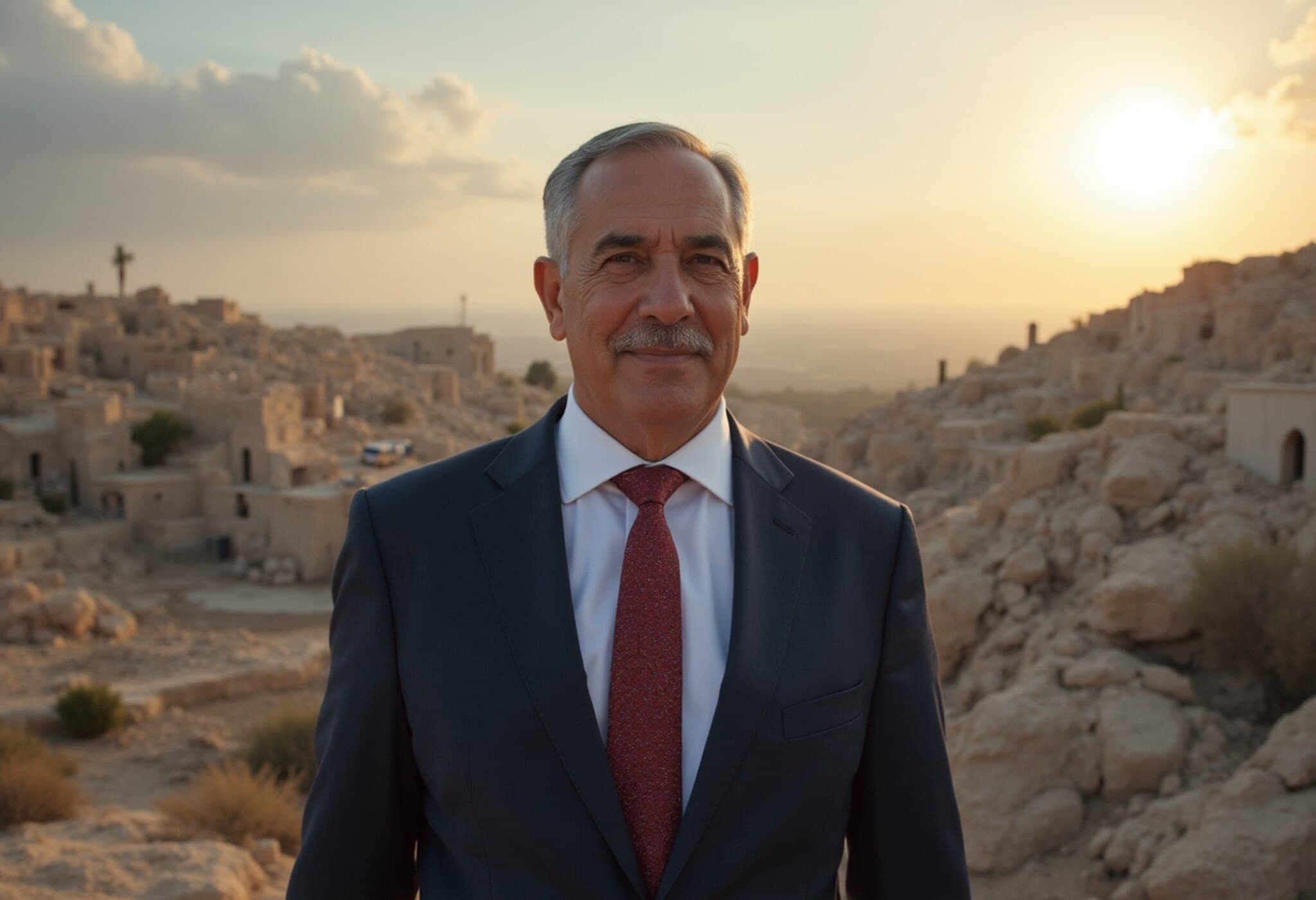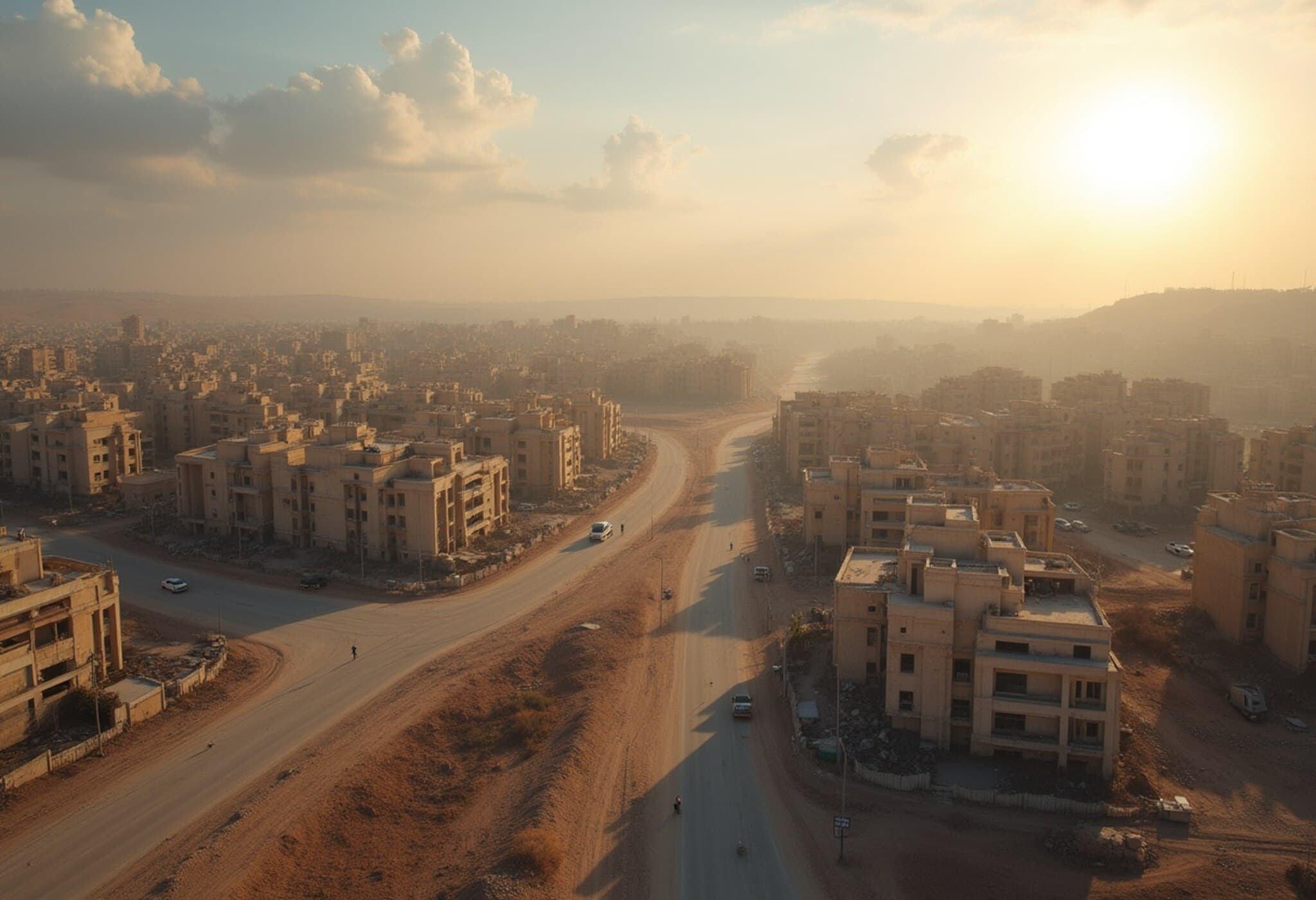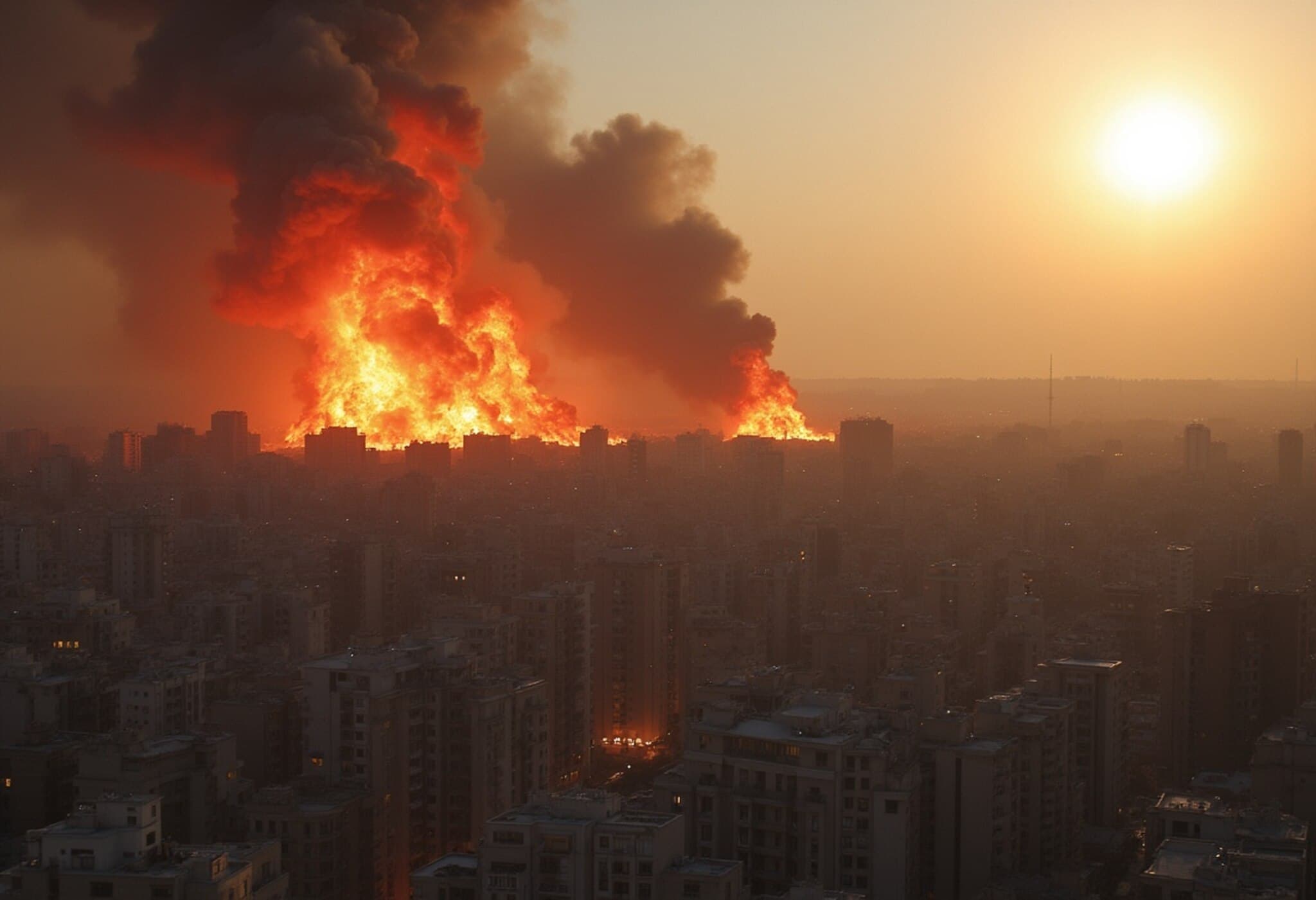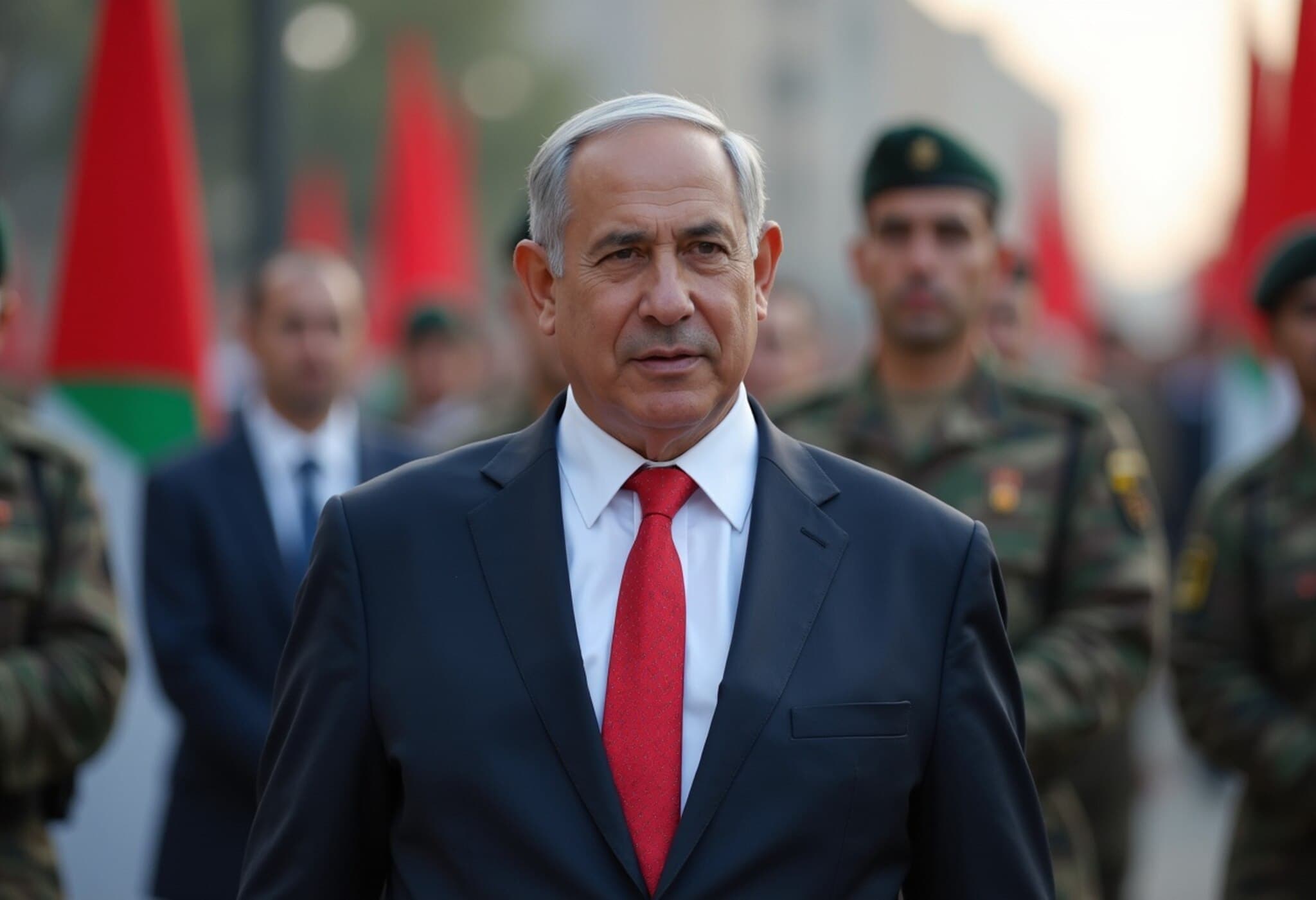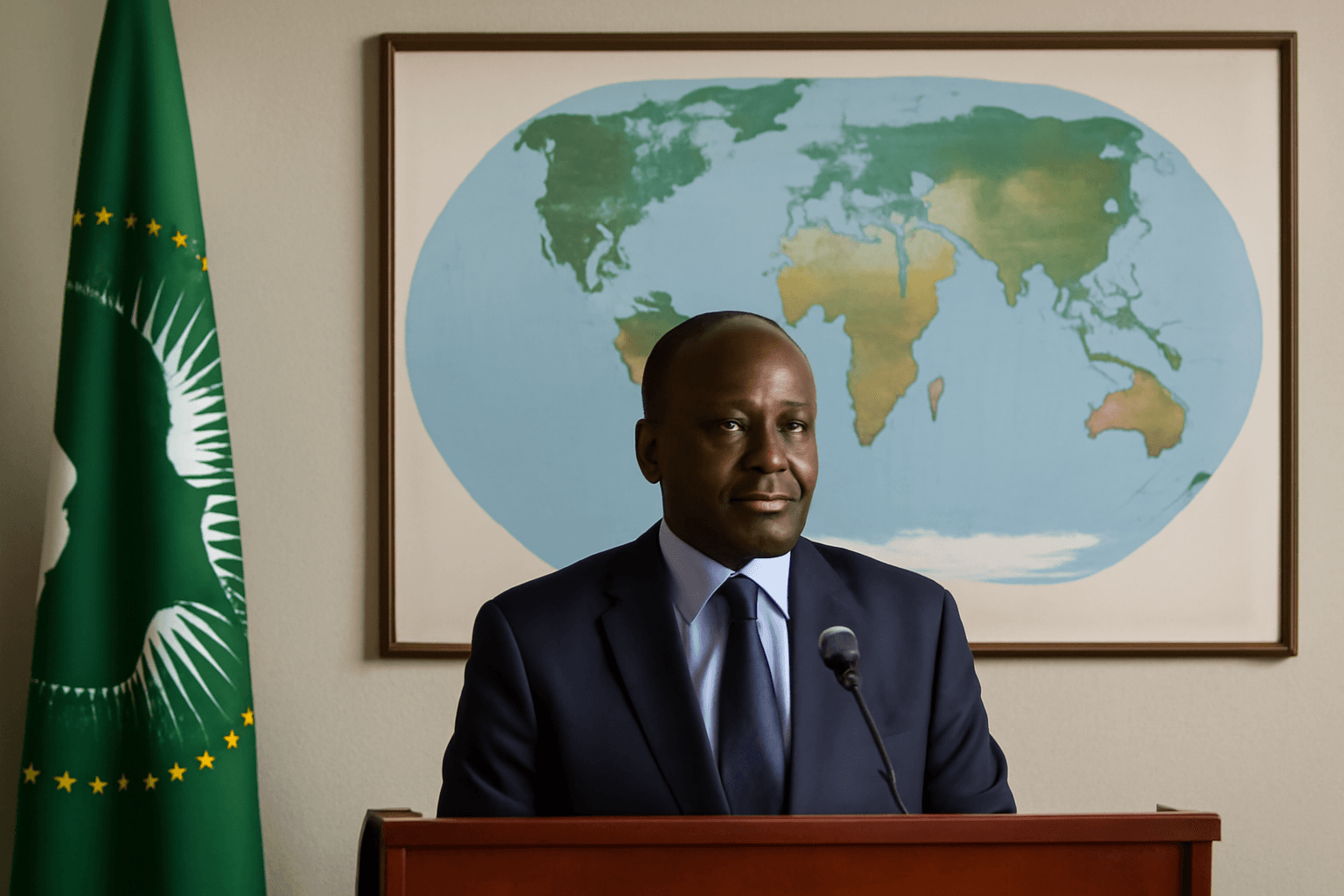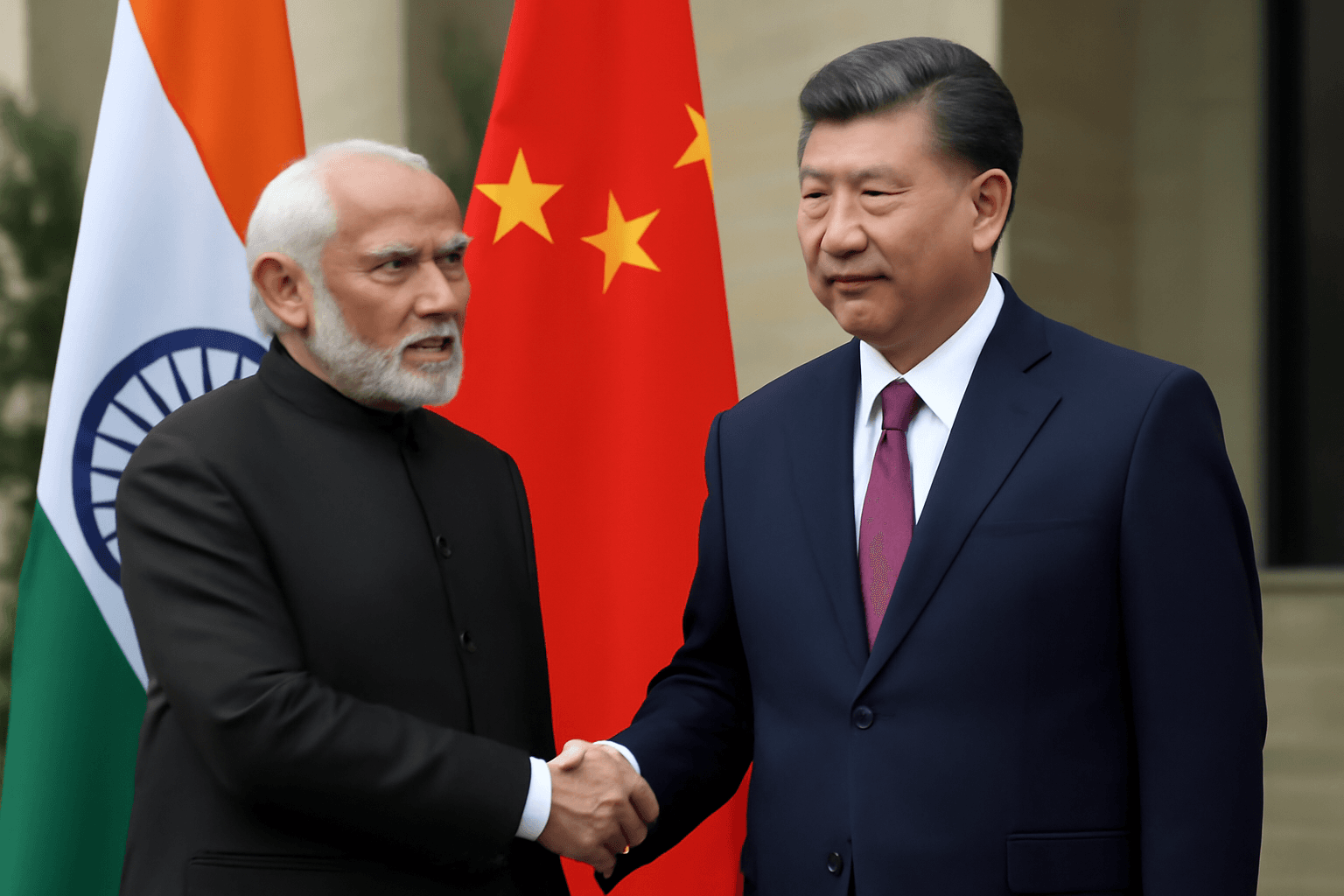Israeli Finance Minister Declares Start of New West Bank Settlement Project
In a move stirring international controversy, Israeli Finance Minister Bezalel Smotrich, a prominent far-right figure, announced the imminent commencement of construction on a long-delayed settlement in the E1 area near Maale Adumim. This development, situated strategically between Jerusalem and an existing Israeli settlement, threatens to severely fragment Palestinian territories in the West Bank and undercut longstanding peace initiatives aimed at realizing a two-state solution.
‘Burying’ the Palestinian State Concept
Addressing the media on-site, Smotrich bluntly framed the project as an irreversible action to “bury” the idea of Palestinian statehood. His words underscored a stark shift from diplomatic negotiations toward physical facts on the ground: “Whoever in the world is trying to recognise a Palestinian state today will receive our answer on the ground. Not with documents nor decisions or statements, but with facts – facts of houses, facts of neighbourhoods.”
Previously frozen due to international pressure from the United States, European Union, and other global actors concerned about the settlement's impact on peace talks, the E1 development plan has resurfaced amid heightened tensions following the 2023 Hamas attack on Israel and the ensuing Gaza conflict.
International and Palestinian Community Condemnation
The announcement drew swift and unified condemnation from the Palestinian Authority, allied countries, human rights organizations, and key international stakeholders. Palestinian officials decried the plan as illegal and a direct assault on the viability of any future Palestinian state.
- Palestinian spokesperson Nabil Abu Rudeineh urged the United States to exert immediate pressure to halt settlement expansion.
- Qatar, acting as a mediator in ceasefire talks, denounced the move as a “blatant violation of international law.”
- Human rights group Breaking the Silence emphasized that the expansion entrenches apartheid-like realities and fragments Palestinian territory further amid ongoing conflict.
The plan entails building approximately 3,401 new housing units, effectively creating a territorial barrier between East Jerusalem and the rest of the West Bank, which many analysts believe would devastate Palestinian territorial continuity.
Potential Legal and Geopolitical Fallout
Despite Israel’s rejection of the designation of the West Bank as "occupied territory"—preferring the term "disputed territory"—the international community overwhelmingly considers these settlements illegal, a stance supported by multiple United Nations Security Council resolutions.
Recent sanctions imposed by Western allies, including Britain, Canada, Australia, and New Zealand, targeted Smotrich and other far-right officials for incitement and their roles in settlement expansion. This settlement announcement threatens to deepen Israel’s diplomatic isolation, especially as some Western nations move toward formally recognizing Palestinian statehood in response to Israel’s military actions in Gaza.
On-the-Ground Realities: Settlements and Demographics
Presently, about 700,000 Israeli settlers reside alongside roughly 2.7 million Palestinians in the West Bank and East Jerusalem. Israel annexed East Jerusalem in a move largely unrecognized globally and has stopped short of formally annexing other parts of the West Bank, though settlement growth erodes the possibility of a contiguous Palestinian territory.
Peace Now, an Israeli advocacy group monitoring settlement growth, warned that if planning approvals proceed swiftly, infrastructure development could begin within months, with housing construction underway within a year, accelerating irreversible changes to the region’s landscape and the feasibility of coexistence.
Broader Implications and Underreported Perspectives
This development is not merely a local land-use issue; it reflects a broader ideological struggle within Israel regarding the future of the territory and the Palestinian people. Smotrich’s dwindling political popularity contrasts with his influence in settler communities, underscoring tensions within Israeli society itself.
Moreover, the timing of this announcement—amid global focus on the humanitarian crisis in Gaza—raises critical questions about the international community’s capacity and willingness to respond effectively to evolving facts on the ground.
Expert Commentary
Dr. Miriam Goldstein, a Middle East policy analyst at a Washington think tank, notes, "This settlement expansion could be the final nail in the coffin for the two-state solution. It signals a shift towards permanent unilateralism, making negotiated coexistence increasingly unattainable. International pressure has weakened, and internal Israeli politics further complicate efforts toward peace. The risk now is a protracted conflict with no diplomatic horizon."
Summary and Looking Forward
The E1 settlement project embodies one of the most significant challenges to peace in decades. As physical barriers rise, so do the prospects of diplomatic bridges collapsing. The coming months will be pivotal in determining whether the international community can recalibrate its approach to prevent further fragmentation and renewed conflict in the region.
Understanding the Israeli-Palestinian conflict requires recognizing how settlement expansions on the West Bank reshape facts on the ground, often outpacing political dialogue. This recent move symbolizes a critical juncture—will the world respond with renewed diplomatic vigor, or will these developments foreclose peaceful solutions? Readers are invited to consider the human, legal, and geopolitical stakes woven into this evolving story.

